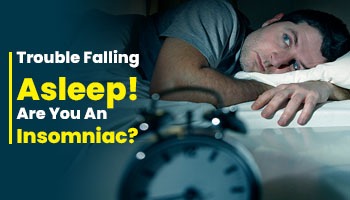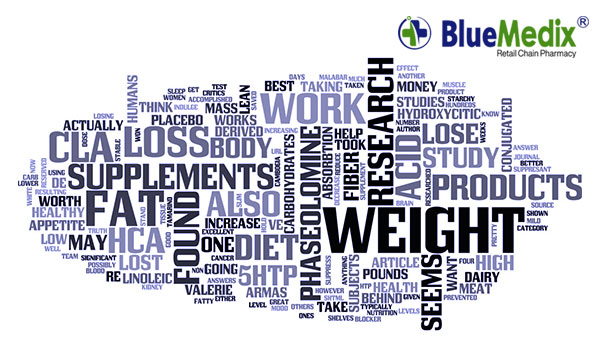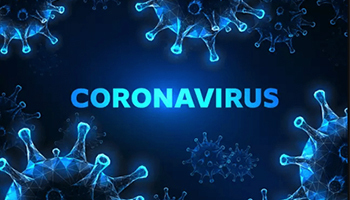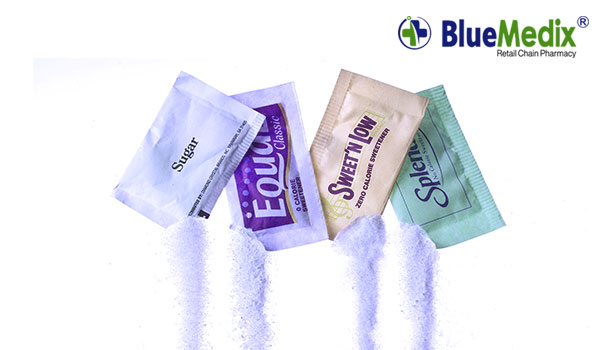Low-Calorie Artificial Sweeteners : Good or Bad?
Apr 02, 2022
Is artificial sweetener a solution or pollution for people who have a sweet tooth but don’t want to take that extra calorie?
Let's get this heated conversation started by debating whether artificial sweeteners are a superior substitute for sugar in the market or not.
Artificial sweeteners are chemicals that are said to be added to food or beverages to make them taste sweeter without adding calories. Some people refer to them as "strong sweeteners" because of the extra sweetness they provide, which is substantially higher than regular sugar. Although many sweeteners contain calories, the amount required is so small that it is nearly ignored.
How does this artificial sweetener function?
Our tongue possesses a variety of taste buds, each of which has numerous taste receptors that help us classify distinct flavours. When we eat our taste receptors also come in contact with food molecules and this is how our tongue detects a taste based on the food molecules. When our tongue comes into contact with a sugar molecule, it automatically classifies it as sweet. Artificial sweeteners are very similar to sugar molecules that fit the sweet receptor, but they are fundamentally different in a way that they cannot be broken down and counted as calories by the body. And while there are few sweeteners that the body is capable of breaking down, the amount added to make the food sweet is so less that it is virtually counted as zero calories.
Artificial sweeteners are mainly popular among those who are trying to lose weight or are on a calorie-deficit diet. There are a variety of artificial sweeteners in the market that may be purchased with or without a prescription- Aspartame, sucralose, saccharin, neotame, and acesulfame potassium are the most regularly used sweeteners.
Is it, however, safe to use artificial sweeteners?
Artificial sweeteners, according to some, have contributed to weight gain by increasing people's appetites. Artificial sweeteners are thought to have originated during World War II when a sugar shortage and a shift in aesthetics favouring slim forms prompted women to turn to artificial sweeteners. The tagline on diet soda bottles began to shift from "for use solely in those who must restrict sugar consumption" to "for use in people who choose to reduce sugar intake." While a few studies suggest that calorie-conscious women who replace sugary drinks with artificially sweetened drinks may perform better in terms of energy, some suggest otherwise.
Artificial sweeteners may also help diabetics lower their daily sugar intake, though further research is needed to confirm the findings. Though artificial sweeteners are generally regarded as harmless, persons who have phenylketonuria or are allergic to sulfonamides should avoid them.
As studies show different and mixed findings, the effects may vary depending on the individual.
Always consult with a prescribed pharmaceutical expert before purchasing any artificial sweeteners to cross-check any side effects and never buy unless from a registered store that guarantees genuine delivery.
Recent Post

BlueMedix: Your One-Stop Solution for Medicines and Medical Services all under one roof

WINTERS NEED SPECIAL CARE!

Winter Hair Care Tips

Why is health devices necessary at home?

Why do you need to stay hydrated especially in summer?

Trouble Falling Asleep! Are You An Insomniac?
The Leading Opportunity

Supplements for weight loss: Do they really work & are they safe to use?

Stop self-diagnosing: 5 reasons to see a doctor instead.

STATEWISE UPDATES ON THE NEW VARIANT

